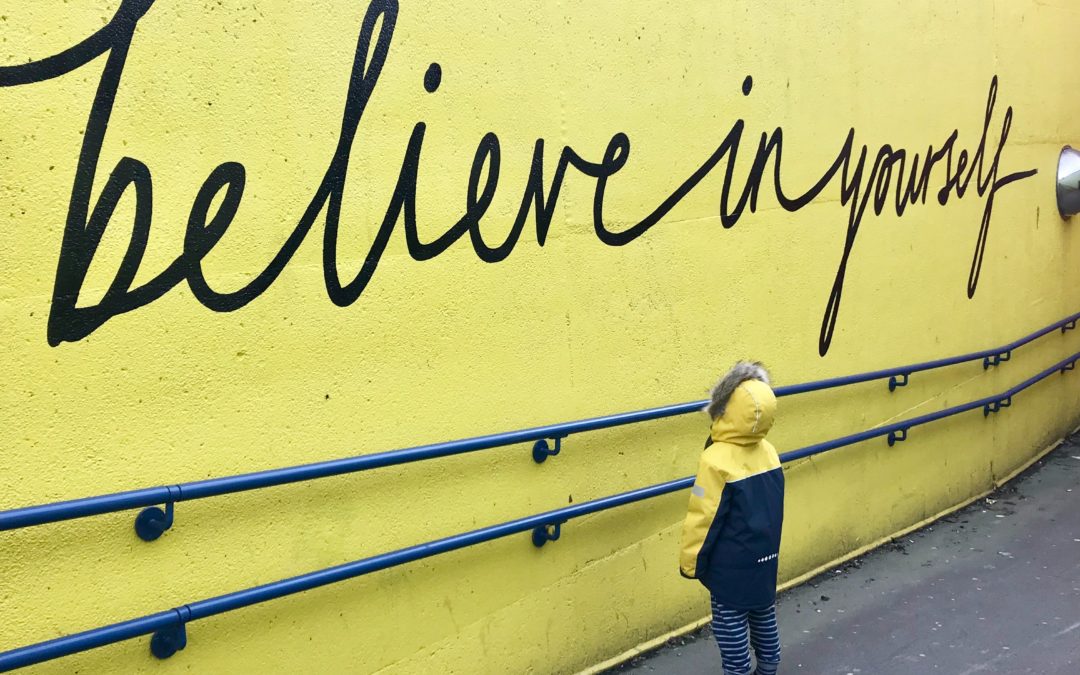I had to rewrite the script for my final presentations three times before I got it right. I felt weird talking about myself because I didn’t want it to seem like I was bragging. My original script barely mentioned the relevant experiences I had leading up to the Fellowship and focused more on the insecurities I felt as a Fellow. It lacked a compelling story and call to action. I felt like I was rambling on paper.
I was frustrated and didn’t know what direction to go in. Thankfully the Fellowship offered one-on-one coaching sessions to help us refine our talks. It was during these sessions when I realized I had done a lot of cool things that I never talked about. Why? I am constantly worried about taking up too much space because I want to make room for everyone else around me. I hold in my sneezes in public, avoid speaking first, and hold my thoughts inside. I make myself smaller, more quiet, to make others feel comfortable. It’s a lose-lose situation for everyone.
I have a voice, and it’s my responsibility to use it. I am interesting and have valuable insights to share. The Fellowship taught me how to speak up with confidence. I shouldn’t apologize for being myself, nor repress any part of me.
At the beginning of the Fellowship, I caught myself apologizing repeatedly during virtual meetings. “Sorry for the background noise. Sorry my hair is frizzy. Sorry my camera isn’t working. Sorry I’m eating lunch.” Every time myself or another Fellow said sorry, Luisa and Maryam reminded us we didn’t need to apologize because we were all adapting and trying our best.
When I stopped apologizing, I became more confident in myself and was able to write a new, cohesive script that sounded more like me. My talk connected my previous experience shadowing my city council with my internship at National League of Cities (NLC). I compared those two experiences and talked about how they changed my perspective on local government, and why people should participate in local elections.
When I stopped focusing on making others comfortable, I was able to communicate more freely and passionately. I’m so grateful for my mentors at NLC who empowered me to speak up during intimidating staff meetings and let me take the reign on projects, despite it being my first time in a communications role.
This summer I learned that it’s okay to take up space and make room for myself.
To be an effective communicator and advocate, you need to be vocal and authentic. Learning to talk about yourself is part of that process. It definitely feels weird at first, but feels really good afterwards.

